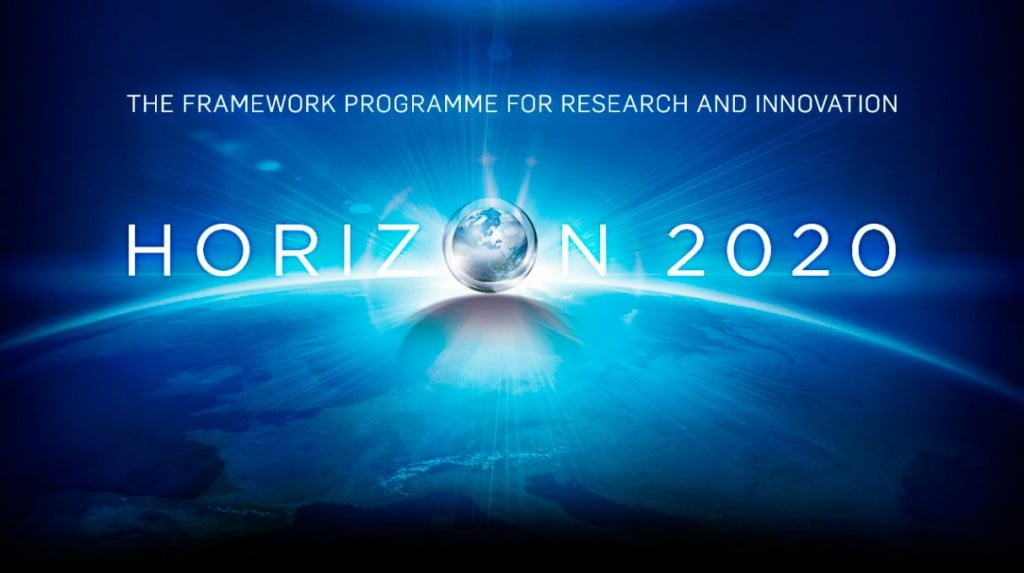The European Union has granted some $833 million to more than 1,000 Israeli scientific research initiatives under the Horizon 2020 program, a peerless research and innovation project with nearly €80 billion ($90 million) of funding available over seven years (2014-2020).
This week, 423 Israeli companies and researchers who won grants in 2018 were honored in a ceremony at the Peres Center for Research and Innovation in Tel Aviv-Jaffa. The ceremony was hosted by an EU Delegation to Israel, together with the Israel-Europe Research and Innovation Directorate (ISERD) and the Israel Innovation Authority.
The Horizon 2020 program has allowed Israeli researchers, startups and innovators to gain access to European partners, integrate into an extensive infrastructure of European research, and participate in flagship scientific projects in the fields of quantum technologies, graphene and brain research, the Israeli Innovation Authority said in a statement.
Israeli researchers, particularly have been extremely successful in the European Research Council (ERC), part of Horizon 2020, and Israeli universities and research institutes can be found among the top 10 organizations worldwide hosting ERC grantees, the authority said.
The 2018 Israeli grantees included 146 Israeli companies, 188 academic researchers and 42 projects including research institutes, municipalities, museums, and other entities.
Israel has been a partner in the EU’s research and innovation framework programs since 1996, and was the first non-European country to join the Horizon 2020 program.
Dr. Ami Appelbaum, Chief Scientist at the Israel Ministry of Economy and Industry, Chairman of the Israel Innovation Authority, and Chairman of ISERD’s Steering Committee said the program “enables industry and academia in Israel to compete in the world of excellence and innovation.
The average success rate for eligible applicants is only about 14 percent, so winning a grant in the program is a sign of quality and excellence for both researchers and companies,” he noted.
Nili Shalev, director-general of ISERD, said the program not only provides generous funding grants but also “elevates the quality of research, enables recruitment of high-quality workers, provides investment in advanced equipment, and facilitates work at international standards.”
Related posts

Israeli AI Safety Tool Among TIME’S Best Inventions For 2024

TAU Team Discovers Mechanism To Eliminate Cancerous Tumors

Ashdod Port Investing In Startups As Part Of Innovation Strategy




Facebook comments